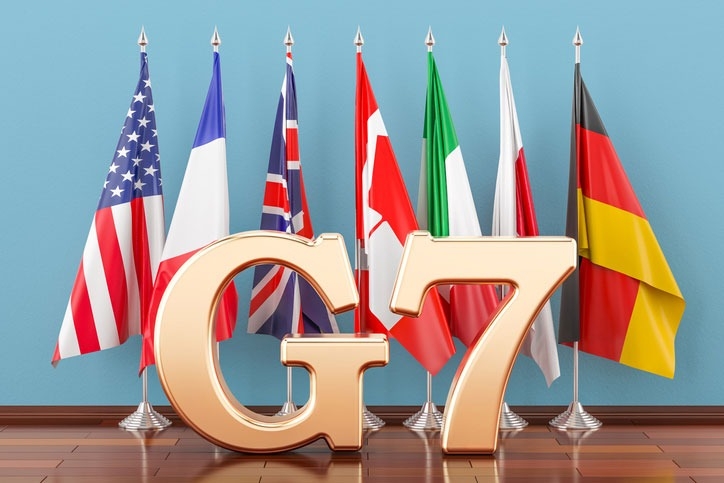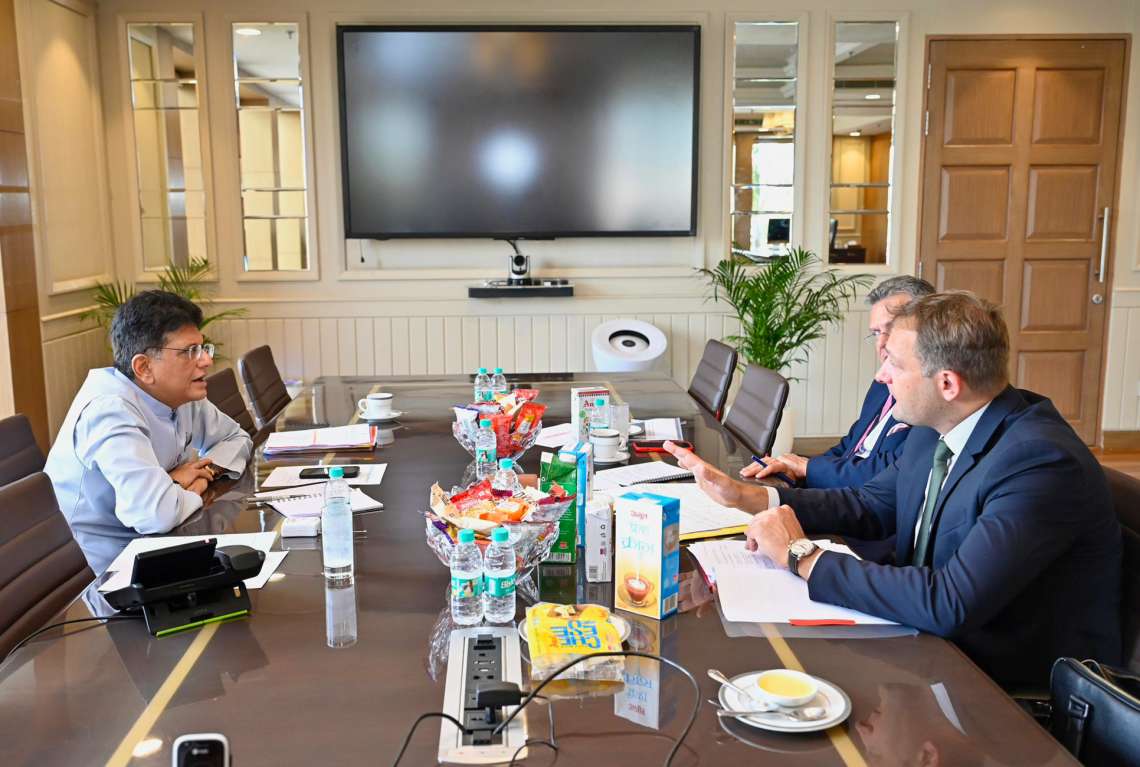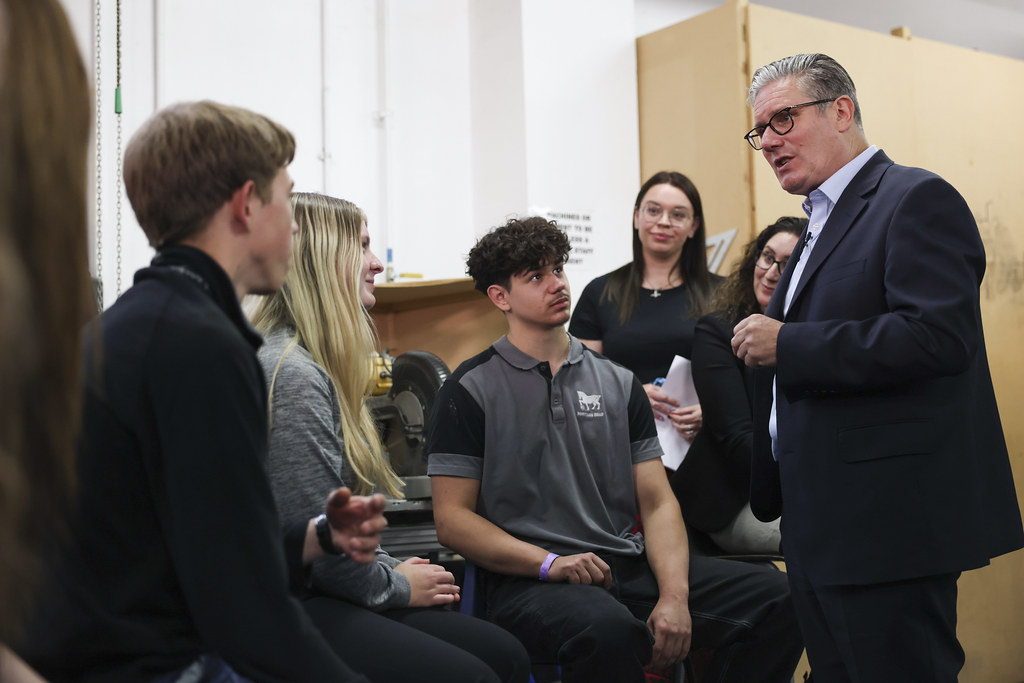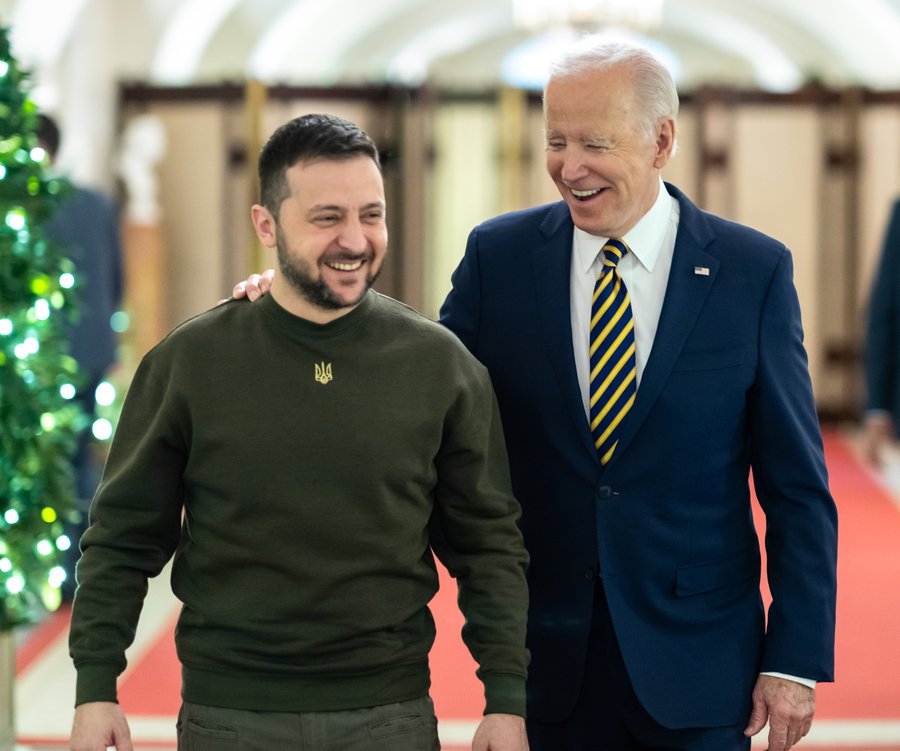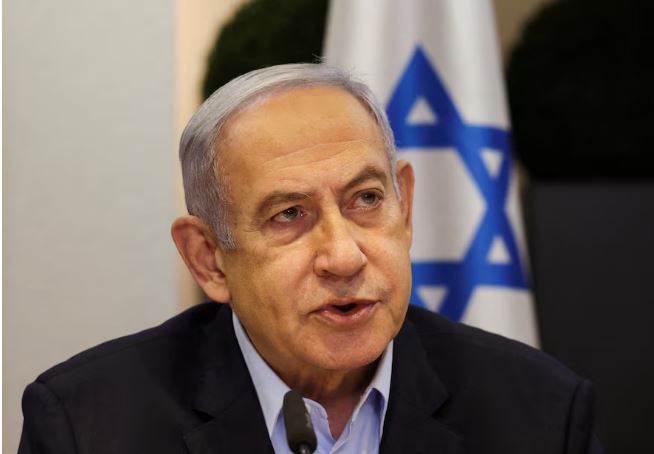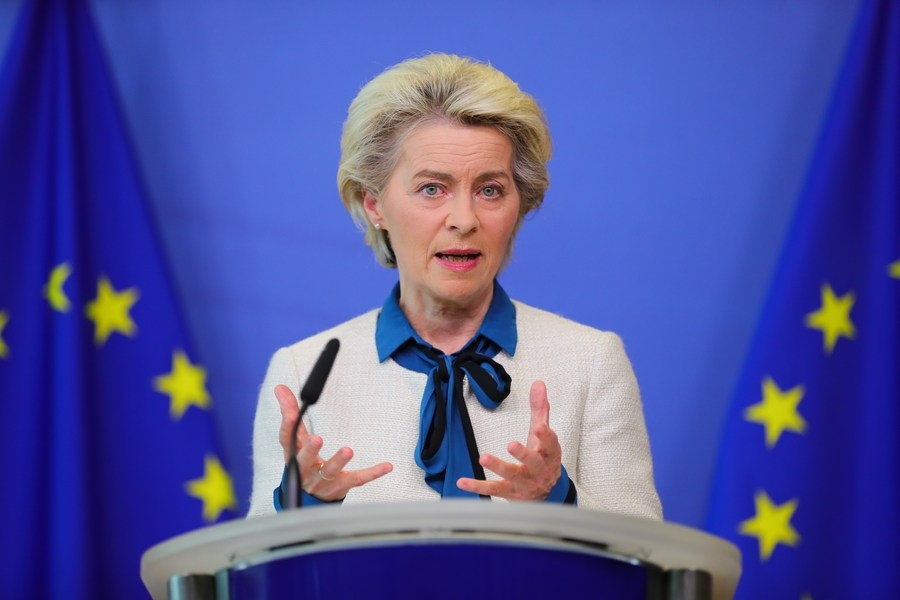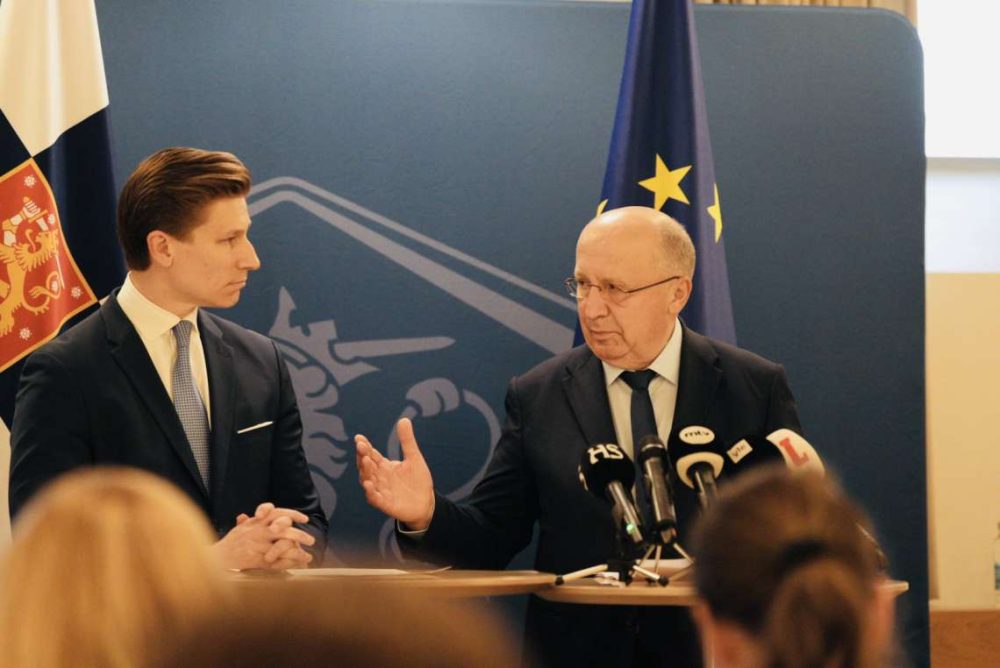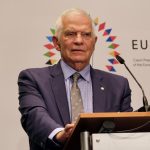US Treasury Secretary Janet Yellen has said the loan could amount to some $50 billion, but that no amounts have been agreed. …reports Asian Lite News
G7 finance chiefs are not expected to agree on details of a loan for Ukraine at their meeting in Italy starting on Friday, several officials said, leaving much work ahead in coming weeks or months to secure more financing for the war-torn country.
The United States has been pushing its allies to agree to a loan backed by the future income from some $300 billion of Russian assets frozen shortly after Moscow invaded Ukraine in February 2022.
US Treasury Secretary Janet Yellen has said the loan could amount to some $50 billion, but that no amounts have been agreed. Other G7 officials involved in the negotiations voiced caution, citing thorny legal and technical aspects to be hammered out.
“With great difficulty we have found a compromise for the use of the interest (already accrued),” Italian Economy Minister Giancarlo Giorgetti told reporters, referring to a deal already struck by the European Union.
“The problem is how the legal basis for this can be used for future profits.”
Giorgetti, who will chair the meeting as Italy holds the G7 presidency this year, said finding a solution “will not be simple,” and added that several central banks had expressed reservations over the US proposal.
Finance ministers and central bank chiefs from the Group of Seven industrial democracies — the US, Japan, Germany, France, Britain, Italy and Canada — are meeting in the northern Italian lakeside town of Stresa on Friday and Saturday.
One European official said the communique at the end of the meeting would probably include an agreement on a loan in principle, but no details.
“I don’t think there will be any numbers,” the official said when asked about the $50 billion figure.
“There will be no decisions on the matter taken at Stresa,” another European official said.
German Finance Minister Christian Lindner also said many questions remained open and he did not expect the G7 to reach any concrete decision at the Stresa gathering.
In that case, officials will continue to negotiate in the hope of making progress by the time G7 heads of government meet in the southern Italian region of Puglia on June 13-15.
Yellen, at a news conference on Thursday, said she expected a “general agreement on the concept” of using the earnings from Russian assets to provide Ukraine with significant financial support beyond 2025.
A key condition for European Union countries, where most of the assets are held, is to not confiscate the asset principal and harness only the earnings.
Giorgetti said a loan backed by future income from the frozen assets would meet with Russian retaliation, and stressed any deal must have a “solid legal basis,” echoing comments made this week by Japanese Finance Minister Shunichi Suzuki.
Under the proposal being discussed, the loan would be disbursed to Kyiv in one lump sum, Giorgetti said, and could possibly be issued by the G7 countries directly rather than through a global financial institution such as the World Bank.
Yellen calls for ambitious options for Russia’s frozen assets to support Ukraine
Meanwhile, Treasury Secretary Janet Yellen on Thursday urged G7 ministers meeting in Italy to consider “more ambitious options” to use frozen Russian assets to help Ukraine.
The ministers and central bankers from the Group of Seven world powers are meeting in Stresa, on the shores of northern Italy’s Lake Maggiore, to prepare for a summit of G7 heads of state next month in Puglia.
Yellen said the group would also discuss what Washington considers to be “overcapacity” of key green technologies from China such as electric vehicles, batteries and solar panels.
Top of the agenda is a plan to finance crucial aid to war-torn Ukraine using the interest generated by the 300 billion euros ($325 billion) of Russian central bank assets frozen by the G7 and Europe.
The European Union earlier this month approved using the profits from the assets it froze to arm Ukraine, hoping to raise up to three billion euros a year.
In a press conference, Yellen welcomed the plan but added that “we must also continue our collective work on more ambitious options, considering all relevant risks and acting together.”
The United States has proposed granting Ukraine up to $50 billion in loans secured by interest on the assets.
But the details have not been finalised, including whether the debt would be issued by the United States alone or G7 countries as a whole.
Yellen had initially advocated a more radical solution – the confiscation of the Russian assets themselves. But European countries worried about creating a precedent in international law and the risk of serious legal disputes with Moscow.
As the G7 ministers gathered, Russian President Vladimir Putin signed a decree allowing the confiscation of assets inside Russia belonging to US companies or citizens.
Many Western companies have left Russia since the February 2022 invasion of Ukraine and the Western sanctions that followed, but those that remain risk having their assets seized.
In addition to the United States and Italy – which is G7 president this year – the group includes Britain, Canada, France, Germany and Japan.
Yellen said she was looking for “general agreement on the concept” of a deal on assets, to form the basis of “concrete options” to be presented to G7 leaders meeting from June 13-15.
She added that while the 50-billion-euro figure was being discussed, “there hasn’t been a decision on an amount”. “Failure to take additional action is not an option – not for Ukraine’s future and not for the stability of our own economies and the security of our peoples,” Yellen said.
Experts have warned any further G7 action against Russia could lead to similar reprisals against European companies still operating in the country.
In April, Moscow took “temporary” control of the Russian subsidiary of the Italian heating equipment group Ariston in retaliation for what it called “hostile actions” by Washington and its allies.
Italy’s economy minister, Giancarlo Giorgetti, told journalists “a solid legal basis” had to be found. “Now the problem is how we are able to use the future windfall profits to build a loan facility for Ukraine,” he said. “Perhaps for the next political summit in Puglia we will reach a solution,” he added.
His German counterpart Christian Lindner was sceptical, saying: “There are many unresolved questions, many open questions, it’s now the time to speak about them but Im not expecting a decision, the subject is too complex”.
John Kirton, director of the University of Toronto’s G7 Research Group, said that tapping just the interest on Russian assets “would considerably reduce the legal problems”.


